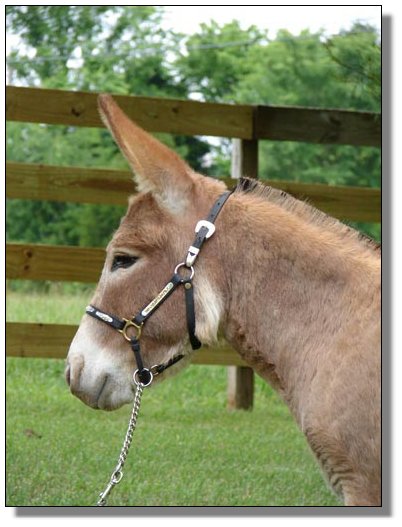EU to bring in implanted microchip ID - for horses
 Brussels - Starting next year, all permanent residents of the European Union should not only have a passport, but be marked with an implanted microchip, the EU's executive decided Monday.
Brussels - Starting next year, all permanent residents of the European Union should not only have a passport, but be marked with an implanted microchip, the EU's executive decided Monday.
That is, as long as they are horses or donkeys.
Under a regulation approved by member states in March and backed by the European Commission on Monday, horses and donkeys born in the EU, or imported into it as permanent residents, after July 1, 2009, will have to hold an EU passport linked to a unique number.
The passport, which has to be issued within six months of the animal's birth, is to be linked to a microchip implanted in its neck, and the number recorded in a database, a statement from the commission said.
Under current rules, horses are identified via a hand-drawn outline diagram - a practice which many member states say is now obsolete. The new regulation aims to overcome that deficiency in the interest of animal and human health.
"The current system of identifying horses is outdated. It needs to be adapted to the new identification technologies," EU Health Commissioner Androulla Vassiliou said.
Indeed, the EU rule takes horse identification a step beyond the human equivalent, since horses, unlike people, will hold their passports and microchips from the cradle (or stable) to the grave - even if they change their name.
Even horses being sent for slaughter as food "must be accompanied by their passport," the regulation says.
Commission officials insist that there are no plans in Brussels to bring in similar tagging for EU citizens. (dpa)